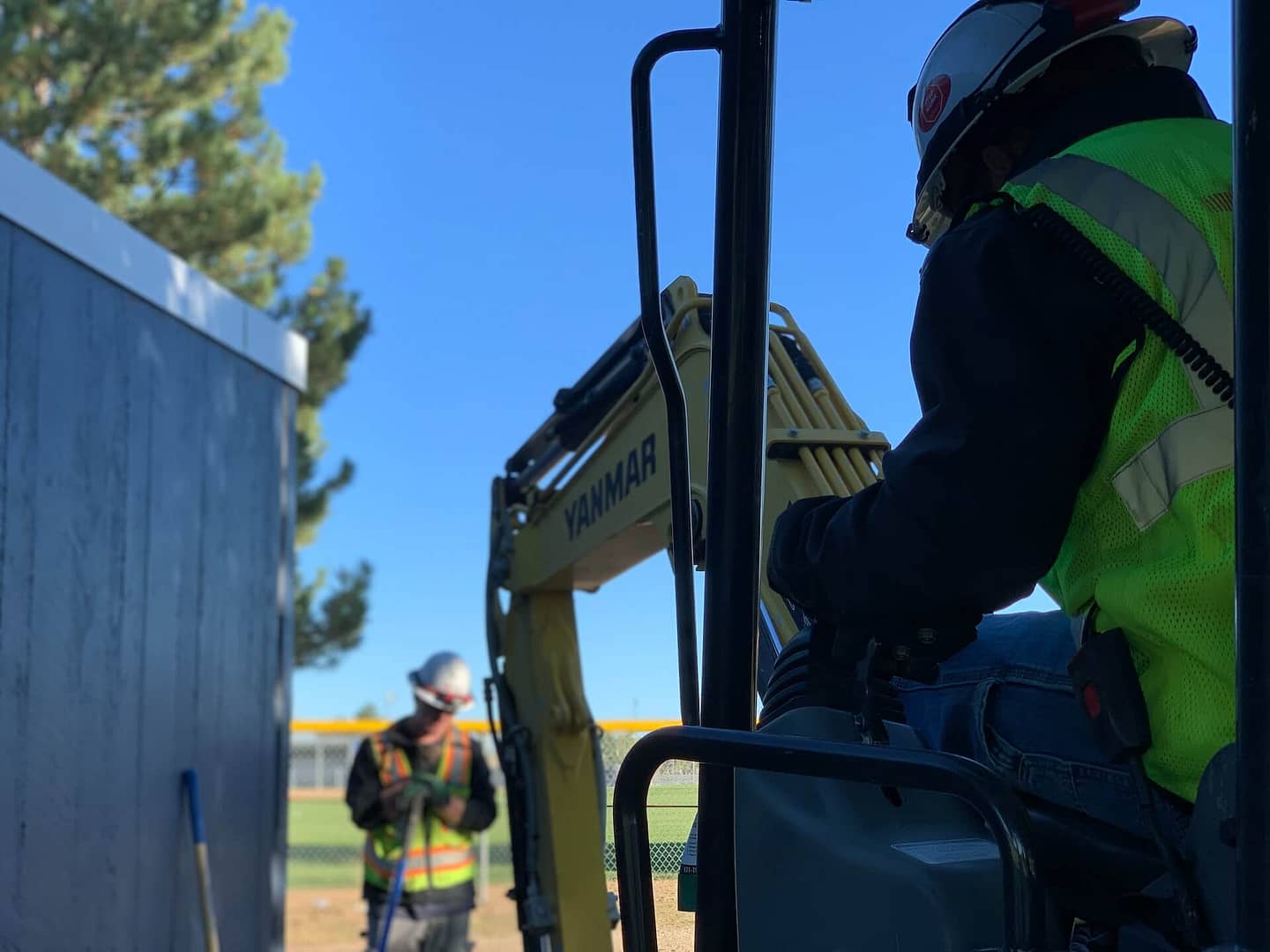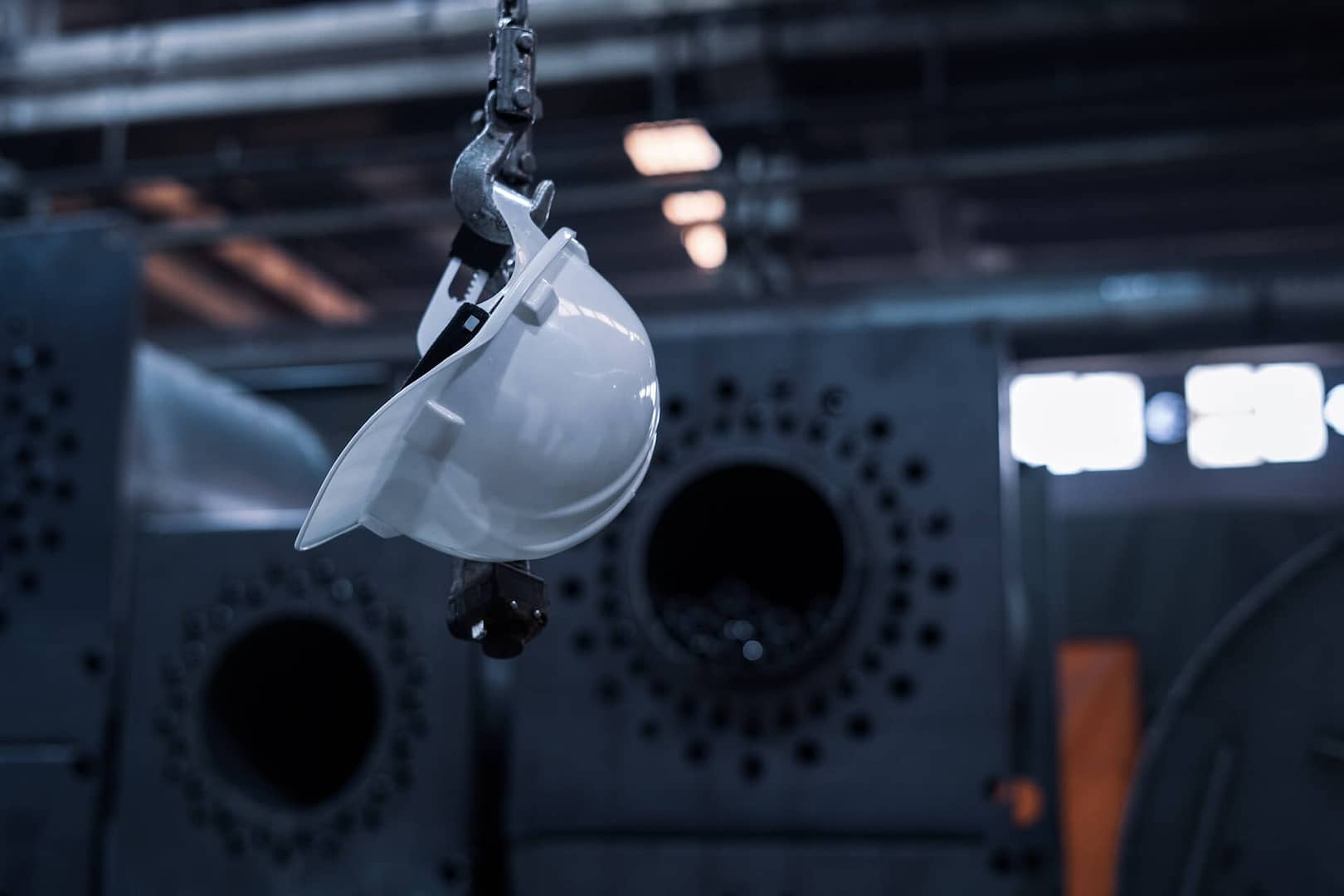Brain injuries, often referred to as traumatic brain injuries (TBIs), can result from various causes, with some of the most prevalent being accidents, falls, and sports-related incidents. However, there’s a subset of individuals whose professions put them at a heightened risk of sustaining a TBI. In the United Kingdom, like in many other countries, certain jobs come with inherent dangers that can lead to brain injuries. In this article, we will delve into these high-risk professions, the nature of their work, and the potential consequences they face.
Understanding Traumatic Brain Injuries
Before we explore the specific professions, let’s first understand what a traumatic brain injury is. A TBI is a complex medical condition that results from a sudden, violent blow or jolt to the head or body. It can also occur when an object pierces the skull and damages the brain. The severity of a TBI can range from mild, with temporary symptoms, to severe, causing long-lasting impairments or even death.
TBIs are categorised based on their severity:
- Mild TBIs (Concussions): Often result in temporary symptoms like confusion, headache, and memory problems.
- Moderate TBIs: May lead to a more extended period of unconsciousness and more pronounced cognitive deficits.
- Severe TBIs: Typically involve a prolonged period of unconsciousness and can lead to profound, lasting impairments.
What Four Professions Carry a Higher Risk of a TBI?
Brain injuries can occur in any profession, but some occupations carry a significantly higher risk. These high-risk jobs often involve working in environments or situations where head injuries are more likely. In this article, we’ll explore four such professions in the UK where individuals are at an increased risk of sustaining a traumatic brain injury (TBI).
Construction Workers
High-Risk Environment: Construction sites are filled with potential hazards, making this one of the most high-risk professions for brain injuries.
Nature of Work: Construction workers perform physically demanding tasks, often at significant heights, and use heavy machinery and tools. Common accidents include falls, falling objects, and machinery-related incidents, all of which pose a serious threat to head safety.
Potential Consequences: Brain injuries in construction workers can vary from mild concussions to severe traumatic brain injuries (TBIs), depending on the nature of the accident. While helmets are worn to reduce the risk, accidents still occur, highlighting the dangers workers face in this high-risk environment.
Professional Athletes
High-Risk Environment: Sports arenas and fields are where athletes, whether amateur or professional, push their bodies to the limit, often in physically demanding and high-impact environments.
Nature of Work: Depending on the sport, athletes face a variety of head injury risks. From the violent collisions in American football to high-speed crashes in cycling, head injuries are unfortunately part of the job for many athletes.
Potential Consequences: Athletes are particularly vulnerable to concussions, a type of mild traumatic brain injury (TBI). While some concussions may heal, repeated head injuries, common in sports like boxing and American football, can lead to long-term brain damage, with serious consequences for an athlete’s health and future.
Healthcare Workers
High-Risk Environment: Hospitals and healthcare facilities can pose unexpected dangers for the very people tasked with providing care.
Nature of Work: Healthcare workers, including nurses, doctors, and paramedics, frequently deal with patients who have sustained head injuries. They are at risk of being assaulted by agitated patients or getting caught in the crossfire during emergency situations.
Potential Consequences: While not as prevalent as in some other professions, healthcare workers can sustain TBIs during altercations with patients or when involved in accidents while transporting patients.
Emergency Services Personnel
High-Risk Environment: Police officers, firefighters, and other emergency responders face hazardous situations as part of their daily routine.
Nature of Work: Emergency responders deal with critical incidents and emergencies, which can involve high-speed pursuits, fires, or rescues in dangerous environments. These situations can result in head injuries.
Potential Consequences: Brain injuries among emergency services personnel can vary from mild concussions to more severe TBIs, depending on the nature of the incident they are responding to.
What Jobs Cause Concussions?
While we’ve highlighted four professions with a higher risk of TBIs, it’s essential to understand that concussions, a mild form of TBI, can occur in various other jobs. The risk is not limited to specific sectors, as accidents and head injuries can happen in almost any profession.
Some jobs where concussions are more likely to occur include:
Teaching and Education
Educators, especially those working with young children or in special education settings, can face a risk of head injuries when dealing with aggressive or unruly students. In some cases, teachers may have to intervene in physical altercations.
Retail and Customer Service
Retail workers often face the risk of concussions due to slip and fall accidents in stores. These injuries can result from wet floors, cluttered walkways, or merchandise falling from shelves.
Lorry Drivers
Long-haul lorry drivers spend hours on the road, increasing their exposure to potential accidents. Collisions, especially at high speeds, can lead to concussions or more severe head injuries.
Agriculture and Farming
Farm workers are exposed to various hazards, including heavy machinery, livestock, and uneven terrain. Accidents involving tractors, falls, or kicks from animals can result in head injuries.
Manufacturing and Industrial Jobs
Workers in manufacturing and industrial settings often operate heavy machinery. Accidents involving these machines can lead to severe head injuries or concussions.
It’s important to note that while certain jobs come with an elevated risk of concussions, anyone can be at risk of a head injury, irrespective of their profession. Vigilance and safety precautions are essential in reducing the likelihood of such incidents.
Preventing Brain Injuries in High-Risk Professions
Preventing brain injuries in high-risk professions is a top priority for employers, employees, and the respective regulatory authorities. Various safety measures and precautions are in place to minimise the risk of TBIs. Here are some steps taken in the UK to prevent brain injuries in these professions:
Education and Training
Employers in high-risk professions often provide extensive training to their employees. Construction workers, for example, are educated on how to use safety equipment like helmets and harnesses properly. Healthcare workers and emergency services personnel receive training on how to manage violent or agitated patients safely.
Safety Equipment
In professions where head injuries are prevalent, the use of safety equipment is paramount. Helmets are mandatory for construction workers, and professional athletes are required to wear protective gear suitable for their sport. Emergency services personnel often have access to helmets and body armour.
Protocols and Procedures
Healthcare and emergency services personnel have specific protocols and procedures to follow when dealing with aggressive patients or hazardous situations. These guidelines are designed to protect both the workers and those they are assisting.
Regular Assessments and Monitoring
Regular health assessments and monitoring are crucial in professions with a high risk of brain injuries. Athletes undergo frequent check-ups to identify any signs of concussions, while healthcare workers and emergency responders may have access to mental health support to cope with the psychological impact of their work.
Making a Serious Injury Claim with National Claims
National Claims is committed to helping individuals who have sustained serious injuries, including traumatic brain injuries, while on the job. If you’ve been injured in a high-risk profession and believe that your injury was the result of negligence or unsafe working conditions, you may be eligible to make a serious injury claim.
Our experienced team of legal experts can guide you through the process of making a claim, ensuring that you receive the compensation you deserve. We understand the physical, emotional, and financial challenges that come with serious injuries, and we’re here to support you every step of the way.
To make a serious injury claim with National Claims, follow these simple steps:
Contact Us: Reach out to our team by phone or through our website. We offer a free initial consultation to assess your case.
Consultation: During your consultation, our legal experts will discuss the details of your injury, the circumstances surrounding it, and the potential liable parties.
Assessment: We will conduct a thorough assessment of your case to determine its strength and validity. If we believe you have a valid claim, we will move forward with the process.
Gathering Evidence: Our team will work with you to gather all necessary evidence, including medical records, witness statements, and any relevant documentation to support your claim.
Support and Advocacy: Throughout the entire process, National Claims will provide you with the support and advocacy you need to focus on your recovery and well-being.

Conclusion
Traumatic brain injuries are a significant concern in many professions, with some jobs carrying a higher risk due to the nature of the work. However, it’s important to remember that precautions and safety measures are in place to mitigate these risks and protect workers. While the risk of concussions and more severe TBIs exists in various professions, individuals can take steps to minimise their chances of sustaining a head injury.
If you’ve suffered a serious injury, including a traumatic brain injury, while on the job, consider making a serious injury claim with National Claims. Our experienced team is dedicated to helping you navigate the legal process and secure the compensation you deserve. Remember, your well-being is paramount, and there is support available to help you through this challenging time.
Contact us today to start your claim and speak to one of our claims specialists.
Click below to see why we are one of the most trusted claims management companies in the UK.

We’re proud of our excellent customer reviews
We thrive on delivering exceptional service and ensuring our clients’ satisfaction. Don’t just take our word for it. Check out some of our independent reviews to see what our clients have to say.
Excellent

This firm is excellent, they sorted out my car pay out and injury claim very fast, they always communicate with you all the time.

My accident case was dealt with confidence and with great result of the outcome, especially James kept me informed all the time.

I was very impressed at the way my inquiry was treated. I was listened to attentively and everything I needed to know was explained to me.






